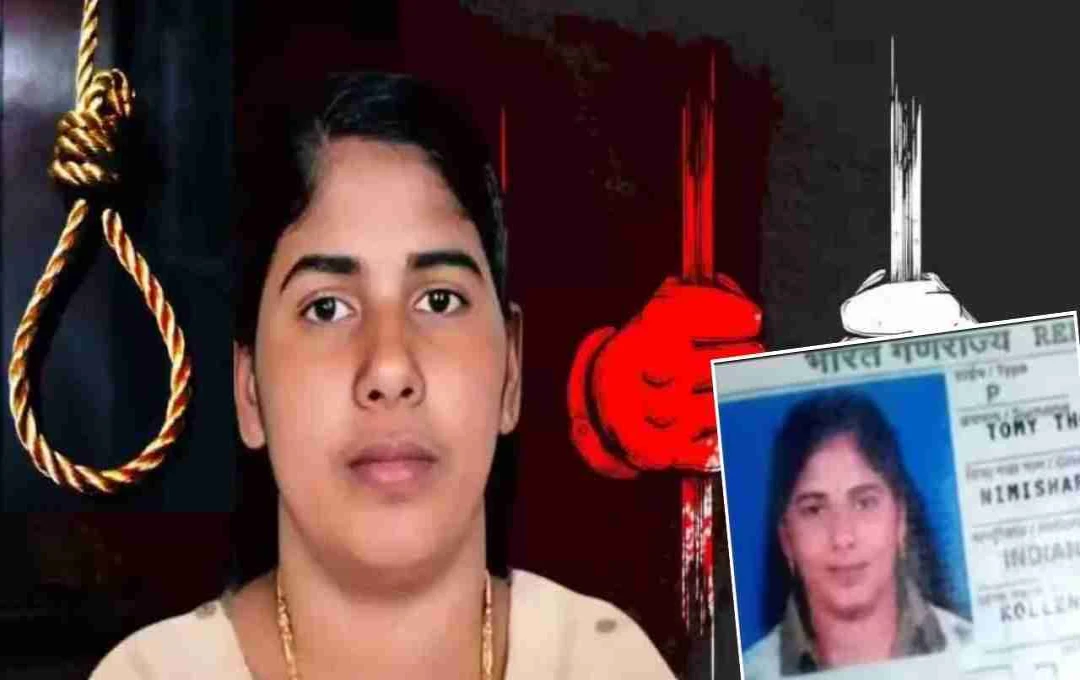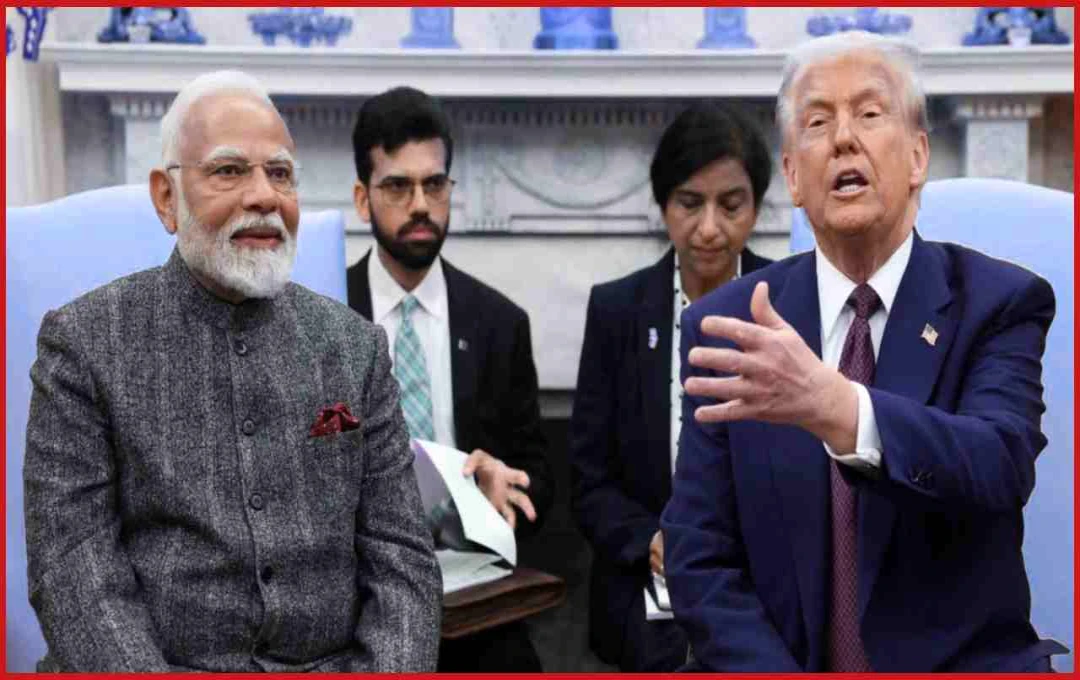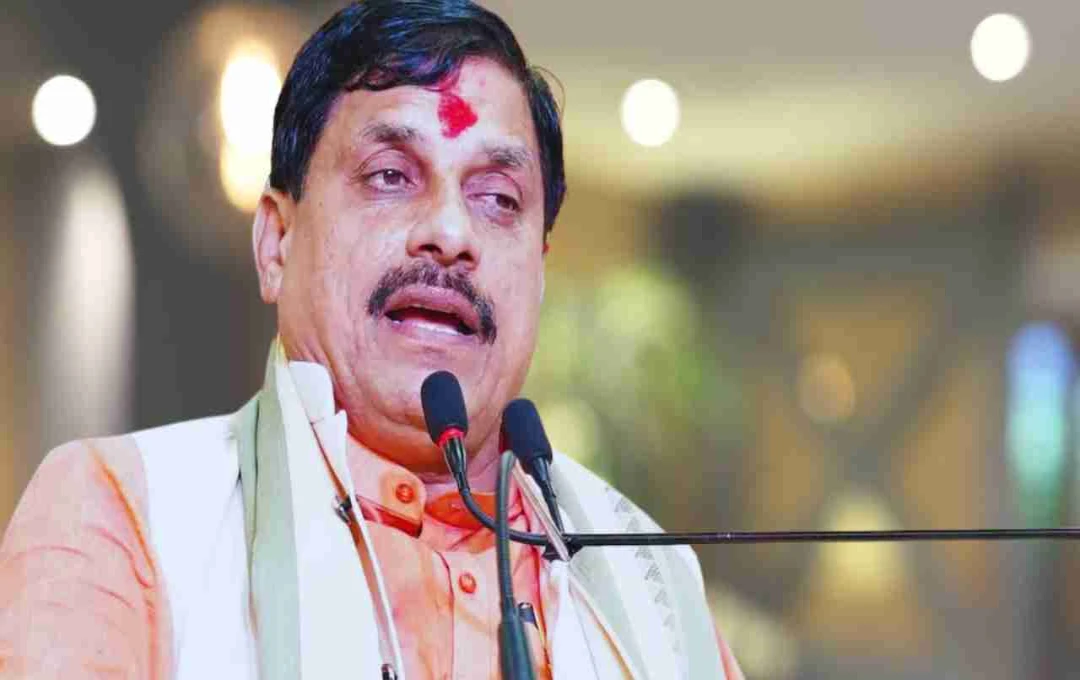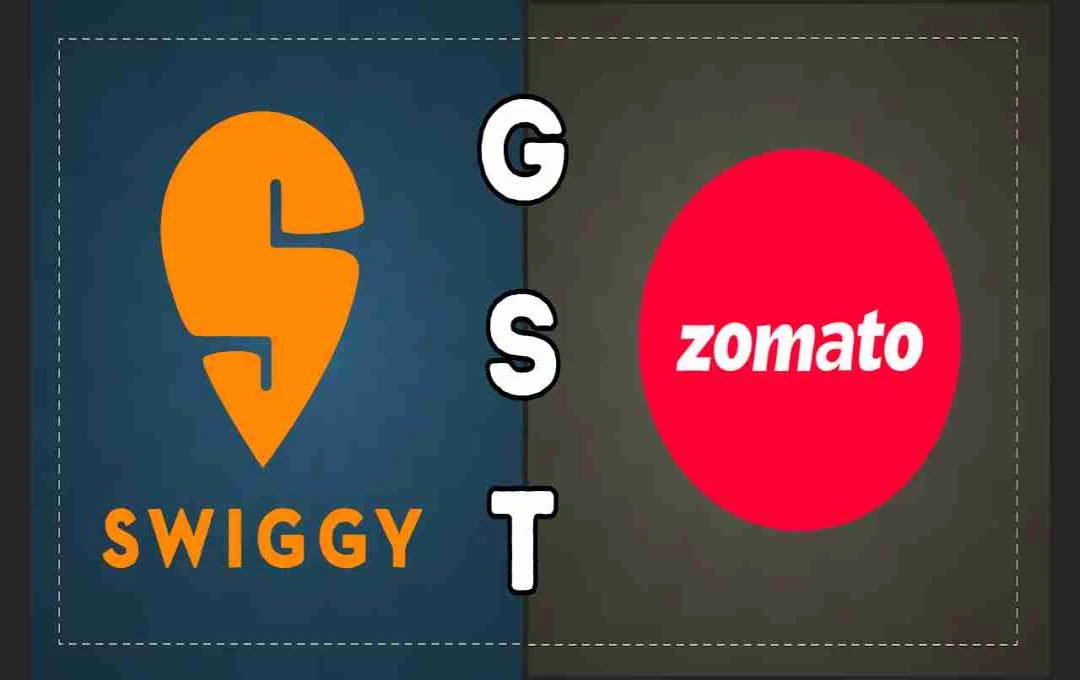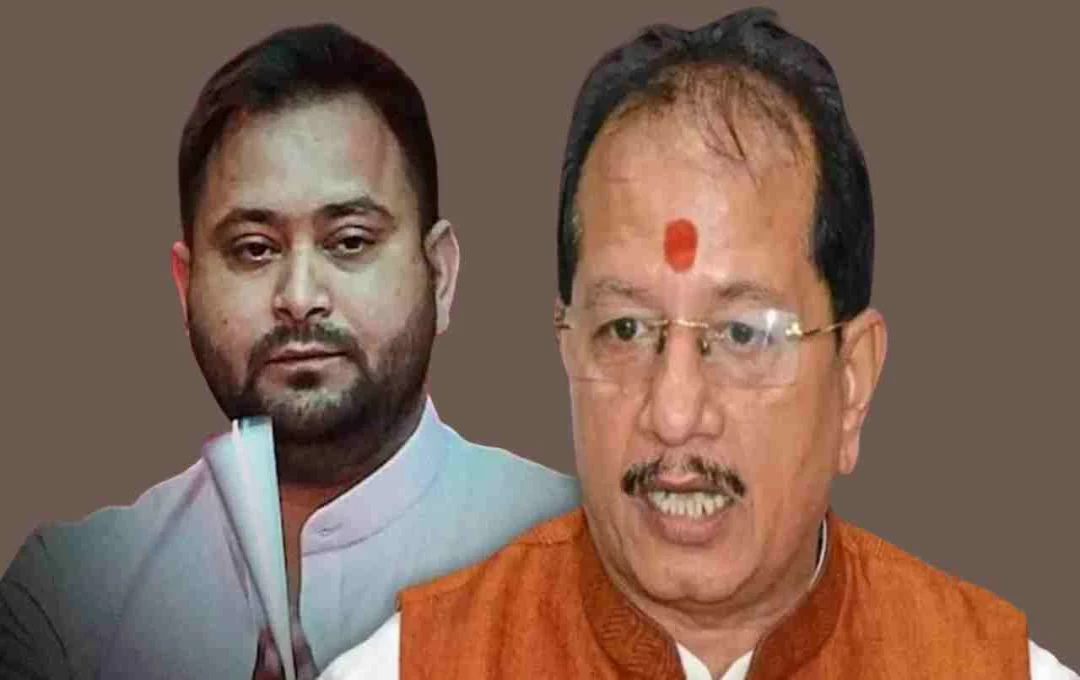The execution of Nimisha Priya, a nurse sentenced to death in Yemen for murder, was postponed on July 16. However, the deceased's brother's statement demanding 'revenge' has weakened the possibility of relief through blood money.
Nimisha Priya Case: Nimisha Priya, a nurse from Kerala, was sentenced to death in the case of the murder of Yemeni citizen Talal Abdo Mahdi. She was scheduled to be executed on July 16, but at the last moment, the execution was postponed due to the intervention of religious leaders and mediators. However, the case has become more complicated after the b reaction of the deceased Mahdi's brother.
'Revenge is needed, no matter what'
Mahdi's brother, Abdel Fattah Mahdi, has rejected all attempts at reconciliation. He has explicitly stated that he will not forgive in exchange for blood money, i.e., money, under any circumstances. Abdel wrote that those who stopped the execution know that the family is not ready for a settlement. He says that blood cannot be bought and justice cannot be forgotten. They only want revenge, no matter what.
Efforts to negotiate blood money
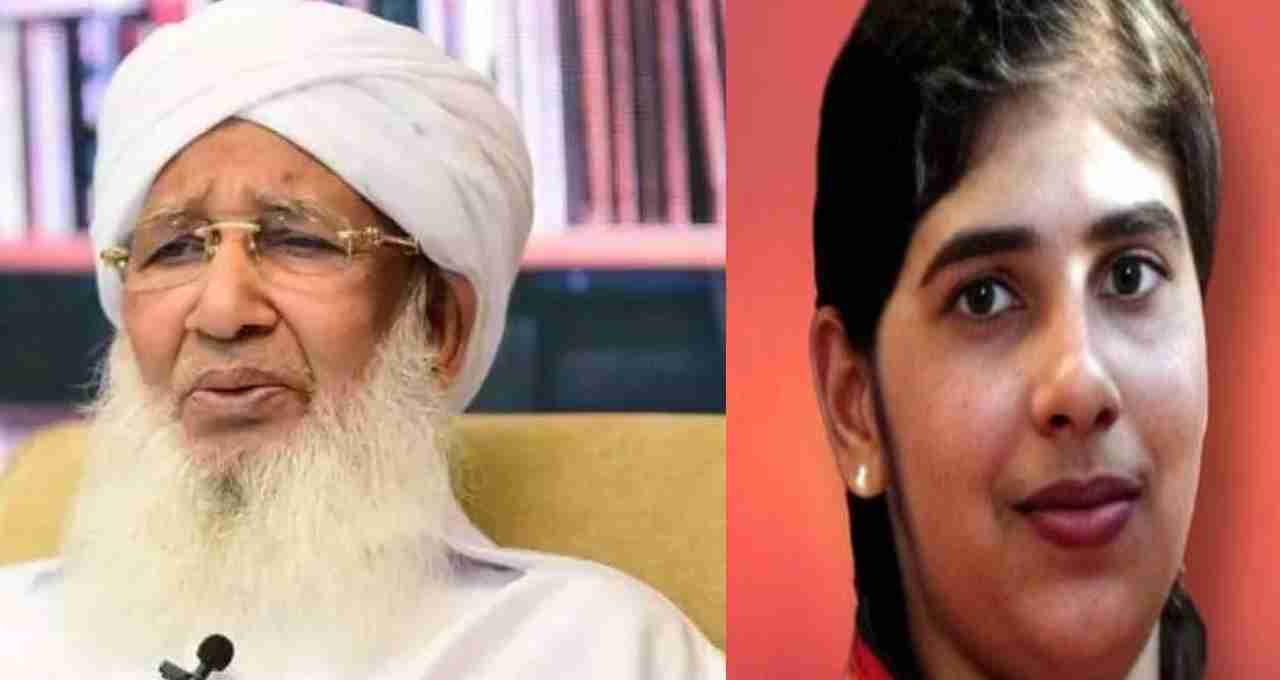
According to Yemeni law, in a murder case, the convict can avoid the death penalty by seeking forgiveness from the victim's family by paying blood money, i.e., compensation. Nimisha's family has certainly received some relief from the postponement of the execution, but given the attitude of Mahdi's family, this path does not seem easy.
How the execution was postponed
Kanthapuram AP Aboobacker Musliyar, a prominent Muslim religious leader in India, played a major role in postponing Nimisha's execution. He is known as the Grand Mufti in India. He contacted Sheikh Habib Umar bin Hafeez, a Sufi religious leader from Yemen, who has considerable influence in the northern regions of Yemen. Through Habib Umar's intervention, negotiations began between the Yemeni local authorities, the court, and the deceased's family, and the execution was temporarily suspended.
Role of tribal chiefs
On the initiative of Habib Umar, an emergency meeting was called in Yemen, which included local administration, representatives of the court, members of the deceased's family, and tribal leaders. The tribal leaders indicated that they would consult with the family and make a final decision. However, no concrete agreement has been reached so far.
Judge's mediation
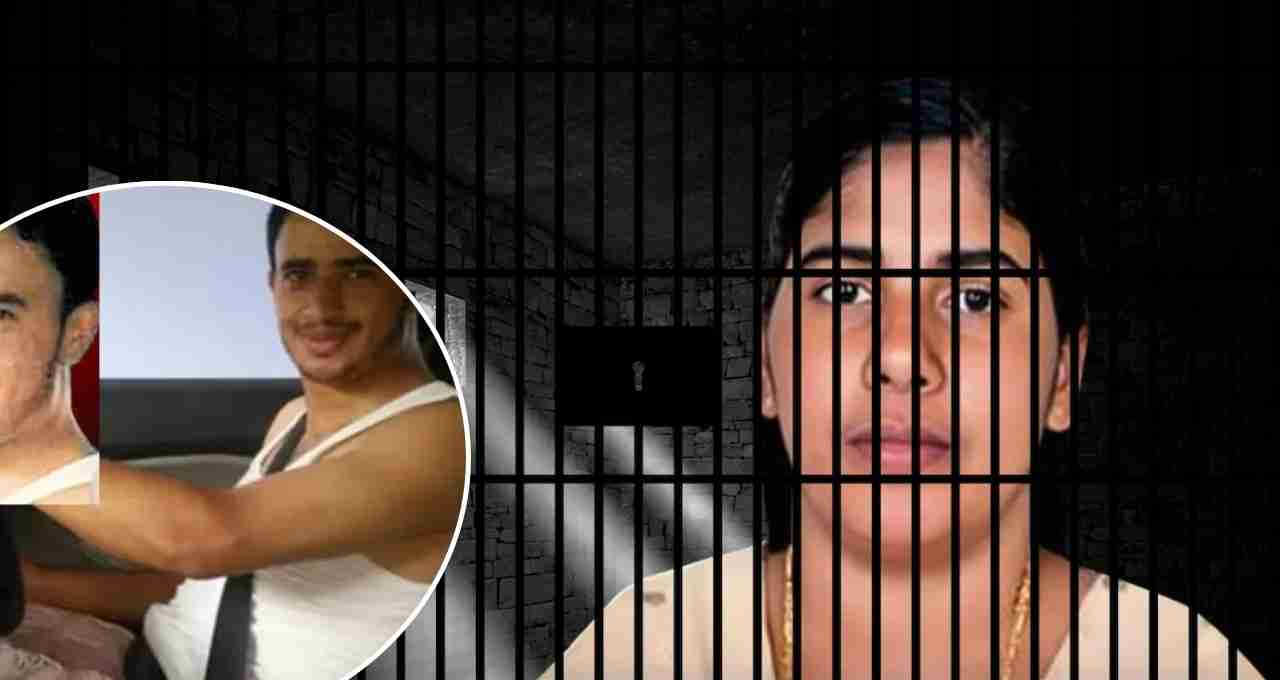
In this entire effort, Justice Muhammad bin Amin Sheikh, a senior judge and member of parliament in Yemen, also intervened. He persuaded the family to go to court and postpone the execution. After this, the court issued an order to temporarily stay Nimisha's execution.
Who is Nimisha Priya
Nimisha Priya is a nurse from Kerala who went to Yemen in 2008 for a job. There, she decided to open a clinic with Talal Abdo Mahdi. According to Yemeni law, a foreigner can only start a business with the help of a local citizen, so she made Mahdi a partner.
Exploitation and the beginning of the dispute
Nimisha's family says that Mahdi later subjected her to physical and financial exploitation. Her passport was also confiscated, and she was forcibly kept as his wife. In 2017, Nimisha tried to sedate Mahdi so that she could take her passport and escape. When the medicine did not work, she increased the dose, which resulted in Mahdi's death.
After Mahdi's death, Nimisha, with the help of another nurse, dismembered the body and hid it in an underground tank. A month later, she was arrested at the Saudi-Yemen border.
